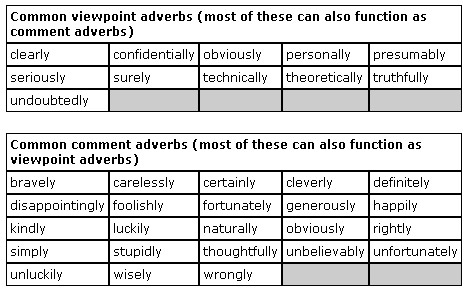英语日常口语 Unit85:Talking to the police警察询问
本单元是关于警察询问的对话
Police 1: So sir: a number of fake watches have been handed in to us over the last few months, and almost all of them have been traced to this establishment. Can you explain this?
Tim: Err, I'm not sure. We do use a reputable supplier.
Police 1: Indeed. Your supplier wrote to you to tell you that some of the broken watches that you returned to them were fakes, didn't they?
Tim: Well yes, they did, but... look officer, I'm only the assistant manager.
Police 1: And your point is?
Tim: Well, like I said, I think you need to speak to my boss.
Police 2: And like I said sir, we have talked to your boss. Apparently, you are in charge of all the watches that come through this department.
Tim: Well, technically, yes, that's true.
Police 2: So, enlighten me: where did all these fake watches come from?
Vocabulary 词汇
traced 踪迹,去向
discovered where something originally came from, or discovered the course of events which caused something to be in its present state or location
establishment 机构
place of business
reputable 有信誉的
with a good reputation; reliable and trustworthy
supplier 供应商
a person or business which provides or supplies goods or services
indeed 确实(加强语气)
'indeed' is used here as an interjection which expresses disbelief, scepticism, irony or doubt
apparently (adv) 很显然
according to the information which is available
technically (adv) 从技术上说
according to strict obedience to laws, rules, or principles
本单元的语言点是关于评论和观点的副词,有些副词告诉我们事情是怎么发生的。请看下面的解释和例句。
Comment and viewpoint adverbs
Adverbs (副词) - background (表达背景)
Adverbs are often used to give more information about verbs. In other words, adverbs often tell us how things happen.
Examples:
He swims fast. How does he swim? -fast
She sings beautifully. How does she sing? -beautifully
I opened the door wide. How did I open the door? -wide
She quickly finished her dinner. How did she finish? –quickly
Comment & viewpoint adverbs (表达评论及观点的副词)
Comment and viewpoint adverbs add information about the speaker's opinion of events. They do not usually give information about how something happened. Comment & viewpoint adverbs often modify the complete sentence, not just the verb.
Compare these sentences:
1. She started singing happily. (adverb of manner)
2. Happily, she started singing. (comment adverb)
In sentence 1, the adverb - happily - gives more information about how she was singing. In sentence 2, the adverb - happily -gives the speaker's comment/opinion of the event. In this case, the speaker thinks that her starting to sing was a happy event.
Comment and viewpoint adverbs - position (表达评论及观点的副词 - 句中的位置)
Comment adverbs usually go at the beginning of a sentence or clause. They can also be placed after the subject, or at the end of the sentence/clause.
Clearly, Paul had no idea what he was doing.
Paul had no idea what he was doing, clearly.
Paul clearly had no idea what he was doing.
When the comment adverb is placed after the subject, commas are often used around the adverb:
Paul, clearly, had no idea what he was doing.
Common comment & viewpoint adverbs (常用的表达评论及观点的副词)













